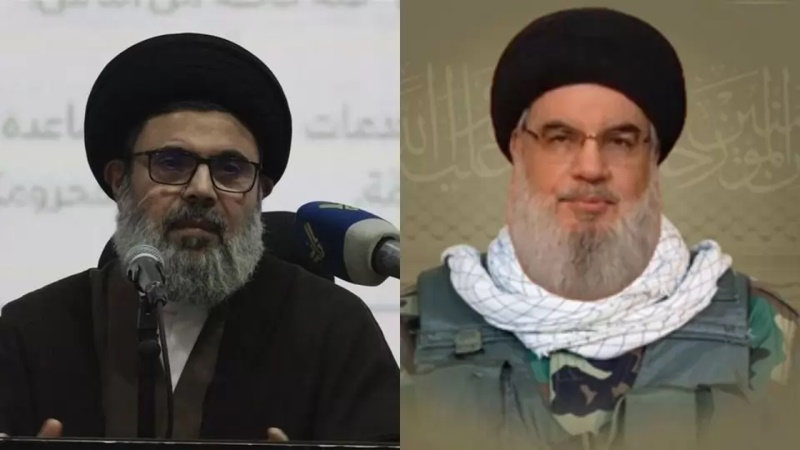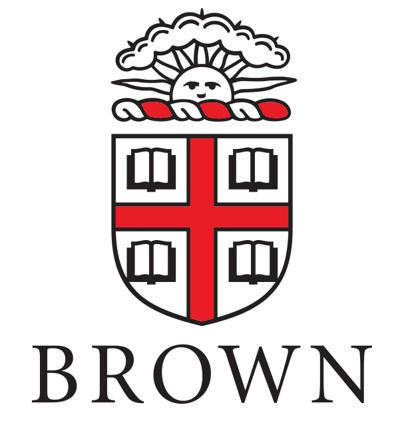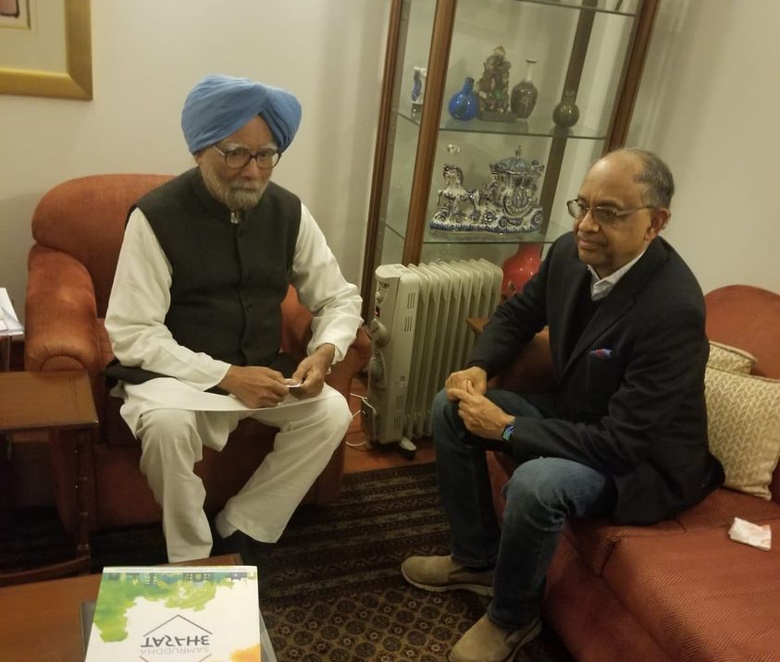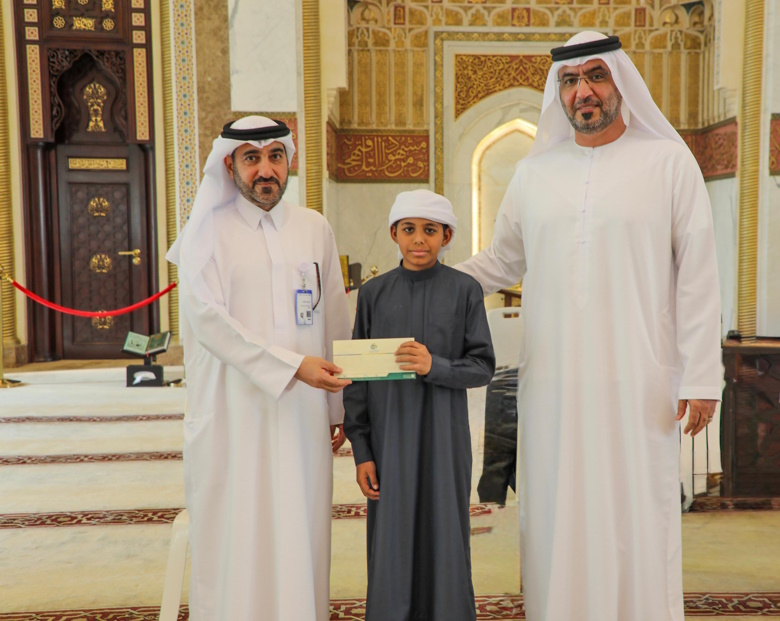 Following the recent developments surrounding Hassan Nasrallah, Hashim Safi Al-Din, the head of Hezbollah’s Executive Council, emerges as a critical figure within the organization and a potential successor to Nasrallah. His strategic significance in the group is underscored by his long-standing involvement in Hezbollah’s political and military operations.
Following the recent developments surrounding Hassan Nasrallah, Hashim Safi Al-Din, the head of Hezbollah’s Executive Council, emerges as a critical figure within the organization and a potential successor to Nasrallah. His strategic significance in the group is underscored by his long-standing involvement in Hezbollah’s political and military operations.
Hashim Safi Al-Din, born in 1964 in Deir Qanoun En Nahr, southern Lebanon, is a prominent Lebanese Shia cleric and a senior official within Hezbollah. Coming from a respected Shia lineage, Safi Al-Din is a maternal cousin of Hassan Nasrallah, the former Secretary-General of Hezbollah. Regarded as the organization’s second-in-command, he plays a pivotal role in shaping its strategies and policies.
Educated in the theological centers of Najaf, Iraq, and Qum, Iran, Safi Al-Din studied alongside Nasrallah and returned to Lebanon in 1994. His ascent within Hezbollah was swift; he joined the Majlis Al Shura, Hezbollah’s highest decision-making body, in 1995. Subsequently, he was appointed head of the Jihad Council, solidifying his influence over Hezbollah’s military operations.
Leadership Roles and Responsibilities
As head of Hezbollah’s Executive Council since 2001, Safi Al-Din oversees the organization’s political, social, and educational initiatives, making him a central figure in shaping its non-military activities. His role positions him among Hezbollah’s top leaders, alongside Nasrallah and Naim Qassem. Speculation about his potential succession of Nasrallah has intensified since 2006.
In 2010, Safi Al-Din was appointed military commander of Southern Lebanon, a crucial area in Hezbollah’s conflict with Israel. His involvement in military operations has drawn international attention, leading the U.S. Department of State to designate him as a Specially Designated Global Terrorist in 2017. Safi Al-Din’s familial ties further entwine him in regional geopolitics. In June 2020, his son married the daughter of Qassem Soleimani, the late commander of Iran’s Quds Force, reinforcing the alliance between Hezbollah and the Iranian Revolutionary Guard Corps (IRGC).
Current context
As tensions rise in the region and with the recent attacks on Hezbollah’s leadership, it remains unclear whether Al-Din was present at the organization’s headquarters during these incidents. His potential ascension could significantly impact Hezbollah’s future direction and its responses to external threats, particularly from Israel and other adversaries.




